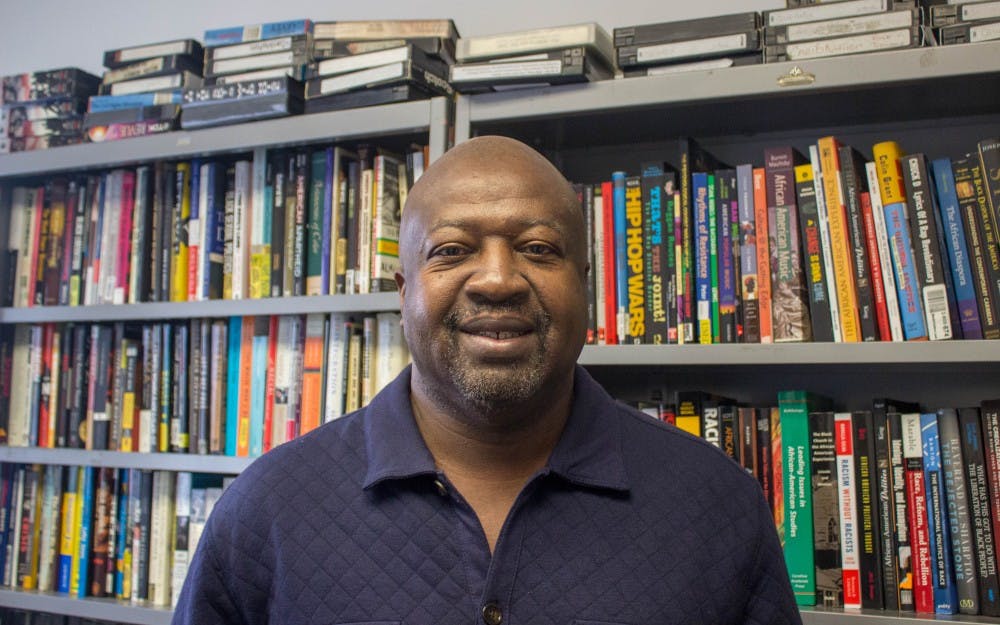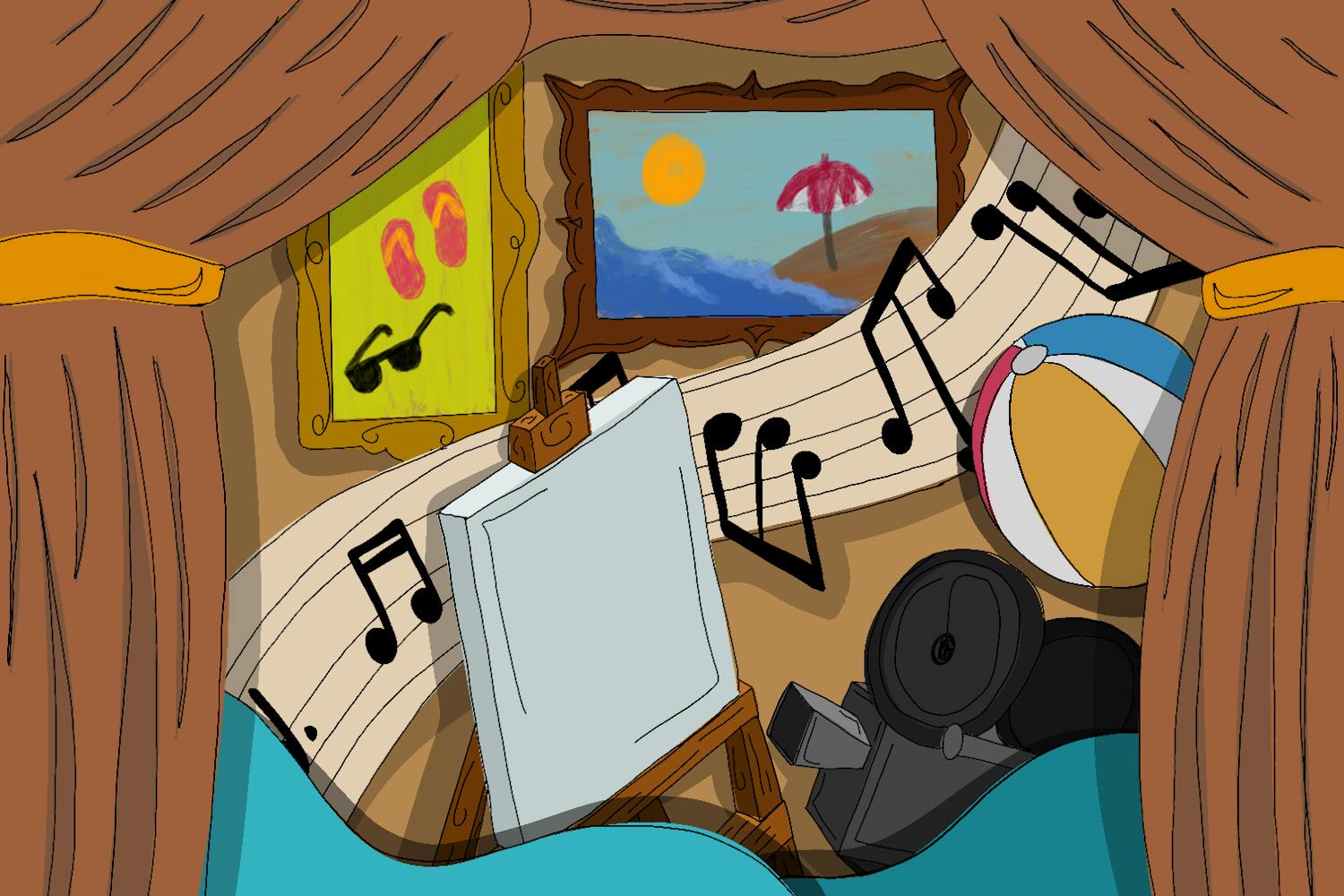Alongside courses on English lit, chemistry and European history, ASU students can take classes that are more idiosyncratic in nature — from pickleball to studies of Bob Marley and alien movies.
Pickleball
Richard "Dutch" Vander Laan teaches a class on pickleball, an obscure racquet sport that he said is the fastest-growing sport in the U.S. because of its affordability and accessibility.
Although he said the sport's college-aged demographic is growing, it is most popular among older generations.
"My emphasis is to get those folks playing it," he said. "I'm going to get old, and I need somebody playing pickleball that I can watch."
Vander Laan said the sport is easy to learn and that after only three sessions, the students in his class are typically able to understand the game and have fun playing it.
Pickleball is like "table tennis on steroids," Vander Laan said. The game has similar mechanics to table tennis, is played on a badminton court with lowered nets, uses something akin to a wiffle ball, and is scored like volleyball.
He said his pickleball class unifies people of many backgrounds.
"I've never had any issues of any kind regarding ethnic background or gender, nor would I allow it," he said.
But, as with many sports, the greatest lessons occur off the court.
"I do not teach pickleball," he said. "I teach life experiences. I teach humility. The best player could get paired with the very worst player, and I will not tolerate the best player taking the worst player's shots."
Aliens
Psychology freshman Samia Salahi is taking FMS 370: Signs of Aliens, which examines film portrayals of aliens.
She said the class discusses how different eras of cinematic history affect how aliens are portrayed in the film, whether because of the political climate or other circumstances.
"It's almost a metaphor. It allows directors to focus on a theme or idea and reflect it to apply to the time it was filmed," he said. "It can really show who we are as a society."
Salahi said that she had an interest in space and alien movies before the class, but the discussion-based class allowed her to focus more on that interest than she had previously.
Salahi said her favorite film in the class so far was the 1984 John Carpenter extra-terrestrial flick "Starman" because of how its underlying metaphors played such a big role in the movie.
"It definitely has opened up my mind to think, 'Oh, what about this?'" she said. "It has changed my perspective on how to analyze them."
Bob Marley
David Hinds teaches a class titled "Bob Marley, Reggae and Resistance," which he said introduces students to concepts and personalities in African studies through Marley's lyrics.
"(Marley) brings together politics (and) culture and explains it through the period he lived in," he said.
Hinds said the class touches on a range of topics including poverty, economic inequality, slavery and colonialism through the reggae star's lyrics.
"Colonialism and slavery are still in many ways present in Caribbean society," he said. "His music helps us see that."
Hinds said one of the most meaningful Marley songs to him is "Concrete Jungle" because of its description of poverty-stricken life in Jamaica.
"Concrete Jungle' tells the story of ghetto life in poor Jamaica," he said. "It uses light and darkness to describe the horrible living conditions of the poor."
Hinds said that while many of Marley's songs had messages revolving around politics, they all still have overlying themes of universal love.
He said the class about Marley is important to African studies because of its connection to culture.
"Black studies incorporates popular culture as an integral part of its curriculum," he said in an email. "Hence, we use popular music as a source of telling the story of the black experience both as musical expression and as political discourse."
Hinds also said black studies is sometimes seen as disconnected from the rest of humanity, and his class shows that the field goes past that idea.
"Black studies is not an isolated phenomenon," he said. "It is connected to humanity."
Reach the reporter at ajhowar6@asu.edu and follow @andrew_howard4 on Twitter.
Like The State Press on Facebook and follow @statepress on Twitter.




